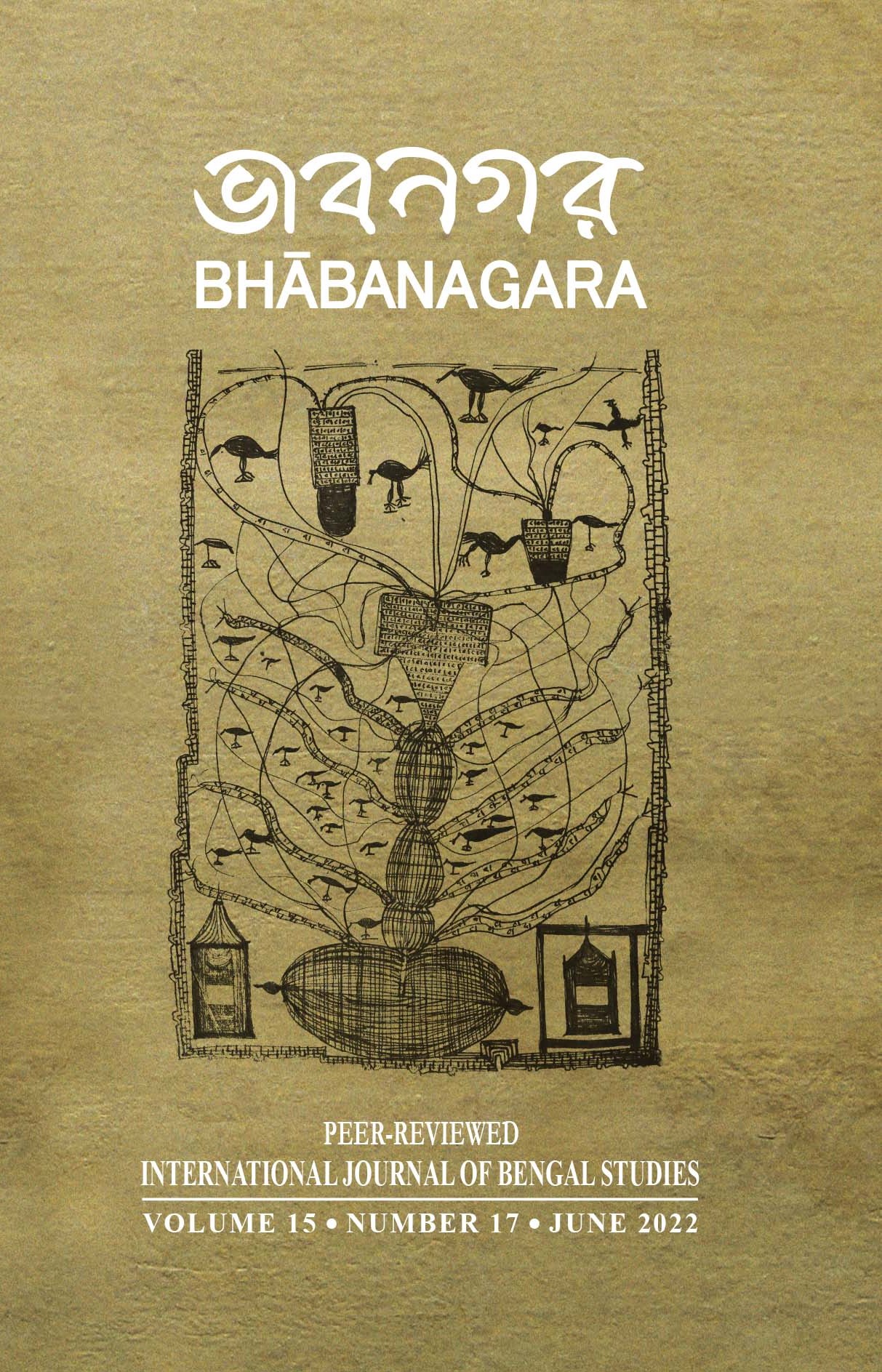রাজনীতির চাপে আমরা ইতিহাস, জীবন ইত্যাদিকে খুব সরলীকরণ করি, দীপেশ চক্রবর্তী | We Oversimplify History, Life etc under the Pressure of Politics - Dipesh Chakrabarty
DOI:
https://doi.org/10.64242/bijbs.v15i17.7Abstract
Dipesh Chakrabarty is the Lawrence A. Kimpton Distinguished Service Professor in History, South Asian Languages and Civilizations, and the College at the University of Chicago He is the Faculty Director, University of Chicago Center in Delhi, a faculty fellow of the Chicago Center for Contemporary Theory, an associate of the Department of English, and by courtesy, a faculty member in the Law School. He is a founding member of the editorial collective of Sababere Studies, a consulting editor of Critical Ingwiry, a founding editor of Pustosemial Studier and has served on the editorial hoards of the American Historial Resine and Pabic Caltore, Chakrabarty is the recipient of the 2014 Toynbee Foundation Prize for his contributions to global history and of the 2019 Tagore Memorial Prize awarded by the Government of West Bengal for his book The Crum of Castigation. He was awanded the degree of DLitt (Honoris Causa) by the University of London (conferred at Goldsmiths) in 2010 and an honorary doctorure by the University of Antwerpy Belgium, in 2011. Saymon Zakaria took his interview in 2012 at the University of Chicago in USA. The interview is significandy remarkable for understanding the limitation and political environment that illogically and emotionally simplifies our history of the nation. It neutrally points the socio-religious and discriminatory economic context of the Hindu and Muslim peoples of the subcontinent including those of greater Bengal that pushed politics towards division. Unfortunately, the study of history in Bangladesh as well as in West Bengal in negatively influenced by political power and thus distorted. The present days study of history, knowledge of diverse cultural aspects, ides of the omnipotent crestor according to different doctrines and religions among the both hindu and muslim communities, the reality of the status of Bangla language locally and globally has been entically talked about in the following rare conversation. Chakrabarty mentions that the living language should be the meant by which livelihood is possible. The interview ends with short comments on Baul philosophy, Rabindranath and cultural and literary unity of the greater Bengal.

Downloads
Published
Issue
Section
License
Copyright (c) 2022 BHĀBANAGARA: International Journal of Bengal Studies

This work is licensed under a Creative Commons Attribution-NonCommercial-NoDerivatives 4.0 International License.





